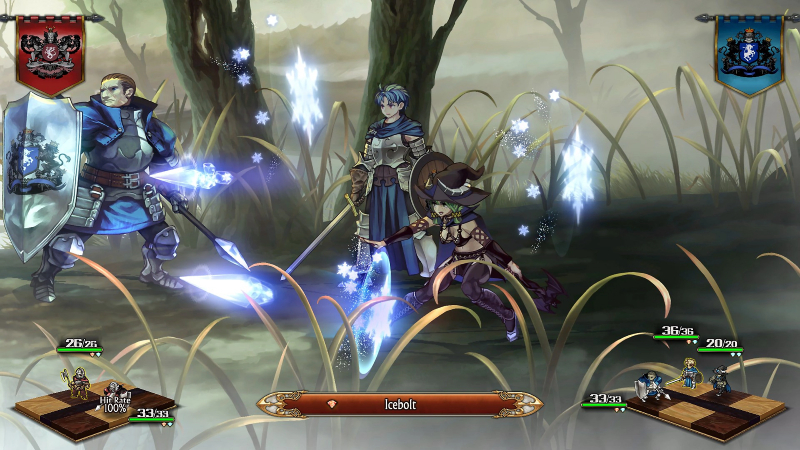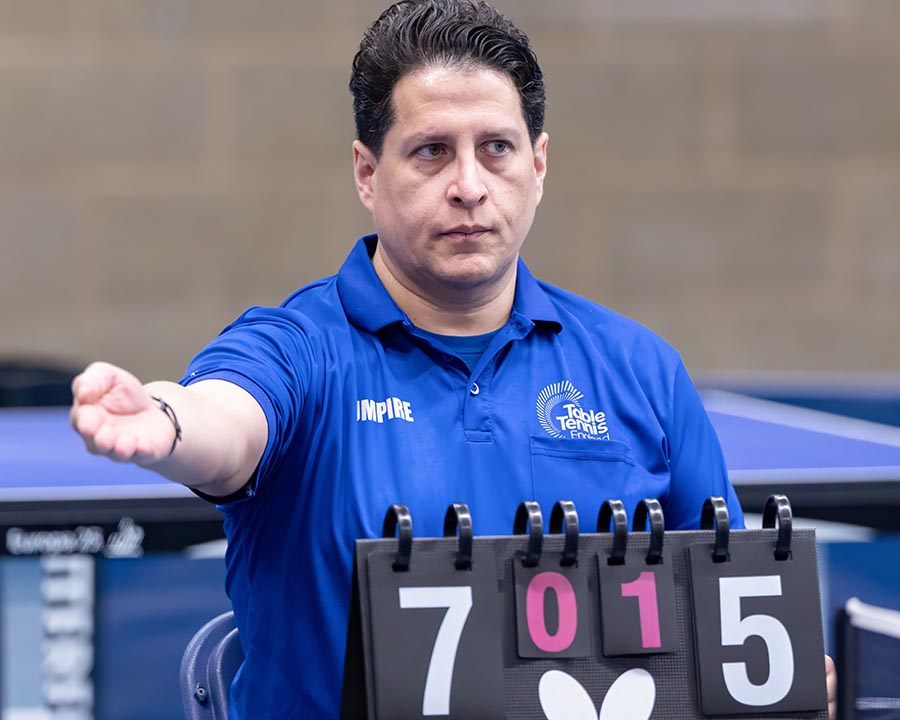On Friday in chilly Canberra, a chat with Melbourne Rebels’ assistant coach Tim Sampson revealed an interesting perspective on the current state of Australia’s high performance coaching stocks.
With Darren Coleman shown the door at the Waratahs, and an incoming coach likely to have his own ideas about who might comprise the rest of his coaching group, there is every prospect of a proper ‘clean-out’ of four coaches; two of those, Coleman and Jason Gilmore, with head coaching experience.
And if Rugby Australia follows through with what appears to be keen resolve not to hand the Rebels consortium a Super Rugby licence, that’s another three coaches with head coaching experience – Kevin Foote, Brad Harris and Sampson – in the gun, with only lineout guru Geoff Parling assured of future employment with the Wallabies.
Count them: five head coaches, plus more assistant coaches and experienced high-performance staff, all potentially lost to Australian rugby, or worse, to the game, should they choose not to relocate themselves and their families overseas in search of a position.

(Photo by Matt King/Getty Images)
For what end? As Sampson explained, “Without an NRC or similar, and with Rugby Australia potentially shrinking our footprint to four professional teams, what is the pathway for new coaches? And what is the strategy to develop and retain coaches?”
“All of us who have been in the job as assistant coaches and head coaches would say the same thing. It takes time when you come into a club to develop cohesion and relationships with the rest of coaching team, and the players. And from there, performance improvement. Also, we’re all continually learning on the job; from our mistakes, our successes, and from other coaches,” Sampson said.
“Nobody is saying that coaches shouldn’t be held accountable, or have jobs for life. But it does seem like there are too many instances of coaches reaching the point in their career where they’re actually at their best, or approaching their best, and instead of Australian rugby reaping the reward of that investment, they get cast off.”
The appointment of Peter Horne, in the role of Director of High Performance Rugby, was designed to provide an overarching template for the professional game, including coach development. But is that objective in conflict with the arm of the organisation that is seeking to shrink Australia’s professional footprint?
Horne was at the Rebels HQ last week, primarily to move chess pieces; speaking with players about where they might end up next season, given Rugby Australia’s obligation to those Rebels players contracted through to the end of the 2025 season.
Ever since the Brumbies were targeted late last year, before focus was shifted to the Rebels, there’s been an overriding sense of cut first, and sort the detail out later. It is to be hoped the personable and likeable Horne is able to inject sanity and nuance into Rugby Australia’s decision-making. When the development and retention of professional coaching IP becomes collateral damage, that would represent a poor outcome for Australian rugby.
What isn’t poor is the state of Australia’s two best teams, the Brumbies and the Reds, leading into the finals. The Brumbies clinically played to their strengths and identified and profited from the Rebels’ weaknesses, on their way to a 53-17 win, while the Reds, far more at ease on their return from Fiji, demolished the Force, 59-13.
The Brumbies have a sniff of first or second position, albeit third place still feels like the most likely outcome. And while that would mean having to do a job or two in New Zealand if they were to take it all the way, they’re a better side now than they were in Round 9, when they were thumped in Auckland by the Blues, 46-7.
The Reds, victors this season over the Chiefs, edged out in extra-time against the Hurricanes and on the siren by the Blues, too will feel that they match up well against the New Zealand heavyweights. A fascinating month lies in waiting.
Round 14 started with a classic Friday night New Zealand showdown, with the Hurricanes’ outstanding first half laying the platform for their narrow 20-17 win. This was true finals football, underlined by the excellent crowd that rolled up to Hamilton’s FMCG Stadium.
Two major talking points emerged; the first a red card upgrade for the Hurricanes’ Raymond Tuputupu, after TMO Richard Kelly determined “no mitigation” applying in a tackle on Tupou Vaa’ii.
This decision feels problematic. For better or worse, World Rugby has determined that behaviour change is to be driven by card and judiciary sanctions. Defenders who enter tackle zones upright play a form of ‘Russian Roulette’ with respect to head contact, and are essentially being coerced to bend at the hips and lower their tackle height.
Which is exactly what Tuputupu did. Yes, he hit Vaa’ii in the head, but only because Vaa’ii was equally bent over as he surged forward with the ball. As a result, Tuputupu will likely cop a suspension and be forced to undertake ‘tackle school’, where he will be taught to… do exactly what he did.
This is an important juncture for rugby. Concussion instances must be reduced and minimised. The benefits from forcing players to abandon the upright tackle are understood by coaches, players and fans.
But if players who bend at the hips, who do what is asked of them, who just happen to be unlucky if the ball carrier elects to bend over as well and they receive the same red card sanction (and suspension) as a more reckless upright tackler does, then it is fair to ask, ‘what is the game actually trying to achieve here?’
If the answer is a grand scheme to depower the tackle, then let learned people in rugby have that discussion, determine what is sensible and practical, form recommendations, and introduce trials.
World Rugby might say that is already their process. Yet that’s not what happened in 2019, when sudden change was foisted upon referees and players at the World Cup, and it provides no justice for Tuputupu, having just played the game of ‘card lotto’ and lost.
A second observation was the angry reaction of Chiefs’ captain Luke Jacobsen, after he conceded the late penalty that was the winning of the game for the Hurricanes

(Photo by Michael Bradley/Getty Images)
No question, Jacobsen was stiff. He made a powerful, dominant tackle, then was immediately pinned at the back of the ruck by Hurricanes players.
But what Jacobsen might reflect on is that just one week earlier, his own side won their match against the Rebels with a late penalty for exactly the same thing; Maciu Nabolakasi being unwittingly pinned at the back of the Chiefs’ ruck.
In both cases, referees Paul Williams and Nic Berry were entitled to blow penalties, harsh or not. Instead of complaining, perhaps the best way for the Chiefs to put this loss behind them is to familiarise themselves with the time-honoured creed, ‘what goes around comes around’.
On Friday night, the Rebels failed to get any flow and cohesion into their attack, suffered as the Brumbies lineout piled the pressure on, and struggled in their goal-line defence. That was also a function of ill-discipline, too often inviting easy entries into their 22.
In general, sides have become more adept at defending with 14 players, but twice now in three weeks, the Rebels have lost a winger to the bin and, both times conceded 21 points in that period, with both the Reds and Brumbies intelligently playing to the space.
On the plus side, Taniela Tupou owned the second-half scrums, which conversely highlights the one real area of concern for Brumbies coach Stephen Larkham heading into finals.

(Photo by Joe Allison/Getty Images)
Conceding penalties and territory at each scrum won’t cut the mustard against the Blues or Hurricanes, nor can they expect to get away with relying on their exact same pet play (Rhys van Nek, inside to Tom Wright on the angle) as they did two years ago against the Rebels (James Slipper to Tom Banks).
Saturday saw the Wallaroos play some good attacking rugby but prove no match at the breakdown or in defence for the marauding Black Ferns’ runners, led by impressive No.8 Kaipo Olsen-Baker.
The 67-19 result consigns Australia to a second-tier play-off qualification route for the 2025 World Cup, to be held in South Africa later this year. That’s a harsh but accurate indicator, although in a certain way not such a bad thing, given the little amount of rugby Australia’s best women actually play.
Moana Pasifika rubbed a little more salt into the gaping sore that is the Waratahs’ 2024 season, winning 27-12. Four wins is a fair return for a side that has played some good rugby this season, while the main concern for the Waratahs is less about what happened this year, given their scarcely believable run with front row injuries, but what might happen next year, if the Rebels survive and the tickets handed out by Horne last week aren’t cashed in.
In Christchurch, the Blues were handed one of those ‘not a bad wake-up call to get just before the finals’ losses to the Crusaders, 29-27. And was there any sign of TVNZ reporter and well-publicised ‘disgraceful chap’ Thomas Mead, at a post-match presser, perhaps offering up a sprig of humility, or constructively digging into what Crusaders coach Rob Penney thought were the reasons behind his team’s impressive performance?
It’s not the height of rugby punditry to observe that the Reds’ Tim Ryan can’t stop scoring tries, even if a cramping episode seemed more likely to stop him than any Force defender. Another wee observation: the Reds are a far better side – and Tate McDermott a more effective player – when McDermott prioritises serving his outsides and uses his running game more sparingly.
All of which led into Sunday afternoon and the Force, Crusaders and Moana Pasifika wishing that neither the Highlanders or Drua would gain any ladder points. The Highlanders weren’t listening, playing expansively on their way to a comfortable 39-3 win.
It is wholly ironic that at the same time as there are numerous people happy to see the Rebels punted from Super Rugby, so many sides will be cheering them on to eliminate the Drua, next Saturday in Lautoka.

















You must be logged in to post a comment Login